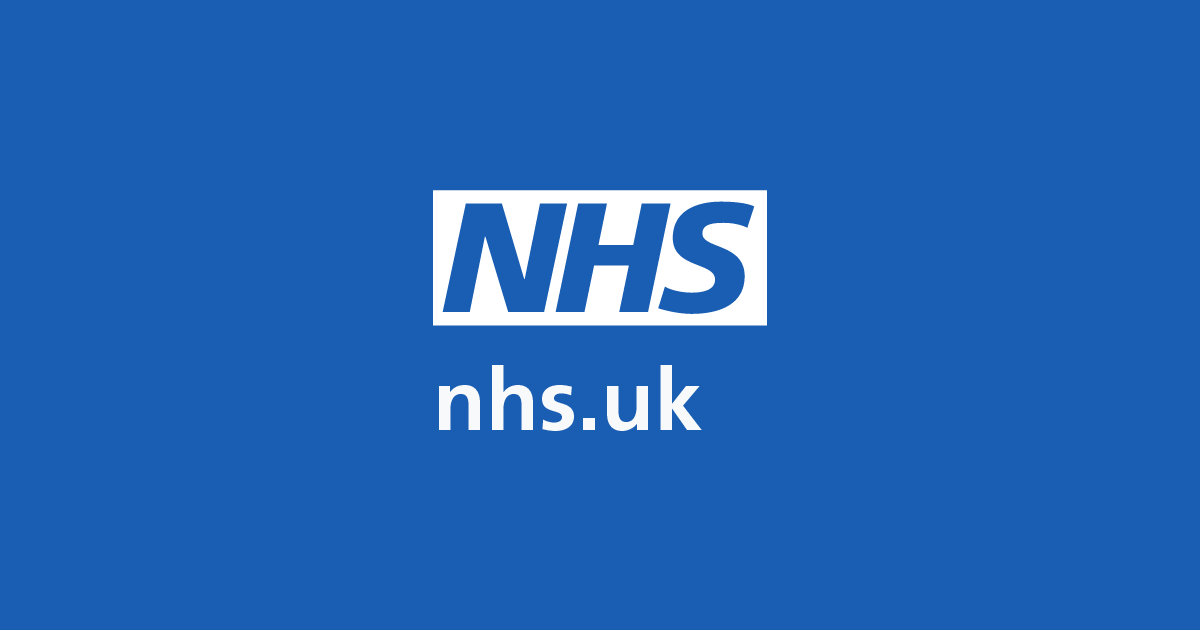Good morning all
I'm a newbie on this site but have been diabetic for 3years 4 months after a recent trip to hospital for a operation they kept me in overnight because of my blood sugars were to high ranging from 14.9 to 19.5
my medication is 2x Metformin in the morning and two in the evening (but i never took them properly or regularly) i apologize to all that do.
Since my hospital stay this has been the wake up call i needed (forgot to say i weigh in around 19st) the hospital have put me on gliclazide also and have also been provided with a blood sugar monitor (contour plus machine)
so i now am testing before every meal
any help advice or guidance would be fantastic and a great help food what works best ,snacks, drink when and when not to eat ,exercise and testing
I'm a newbie on this site but have been diabetic for 3years 4 months after a recent trip to hospital for a operation they kept me in overnight because of my blood sugars were to high ranging from 14.9 to 19.5
my medication is 2x Metformin in the morning and two in the evening (but i never took them properly or regularly) i apologize to all that do.
Since my hospital stay this has been the wake up call i needed (forgot to say i weigh in around 19st) the hospital have put me on gliclazide also and have also been provided with a blood sugar monitor (contour plus machine)
so i now am testing before every meal
any help advice or guidance would be fantastic and a great help food what works best ,snacks, drink when and when not to eat ,exercise and testing

